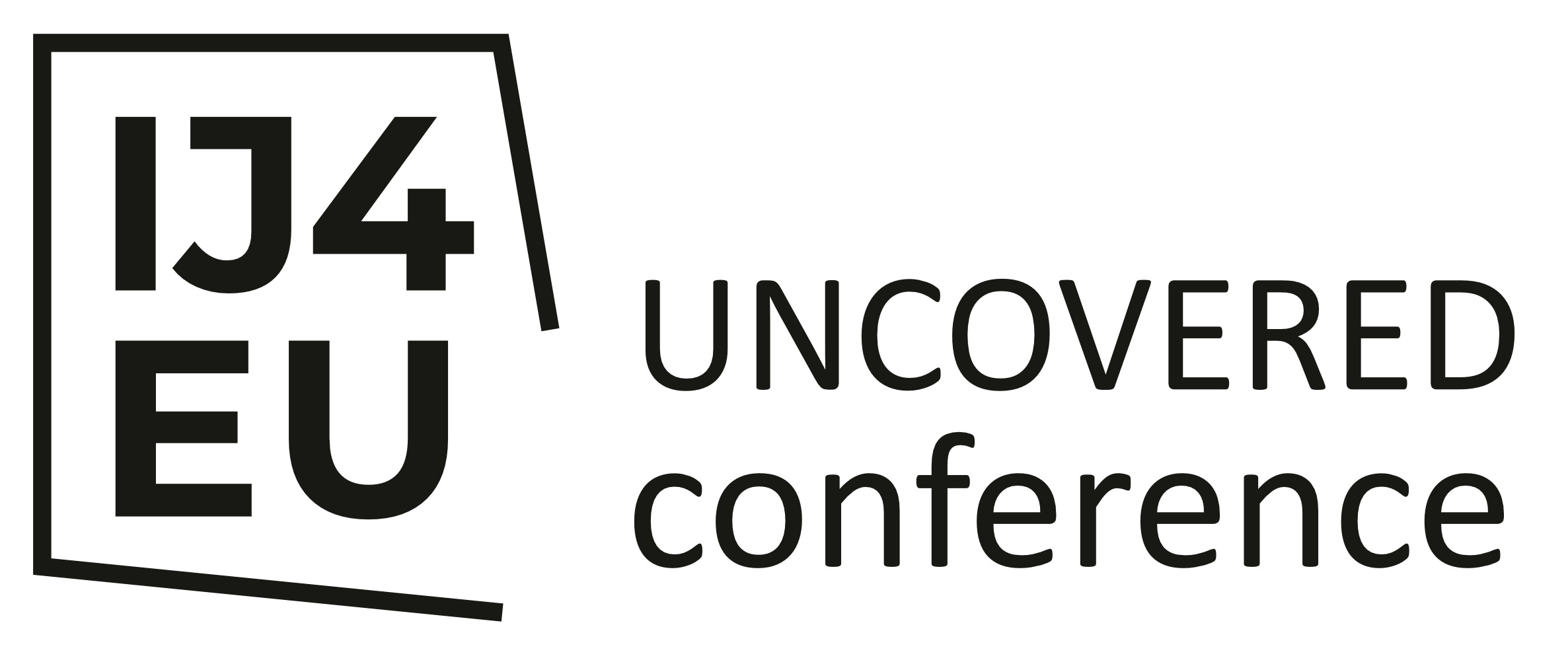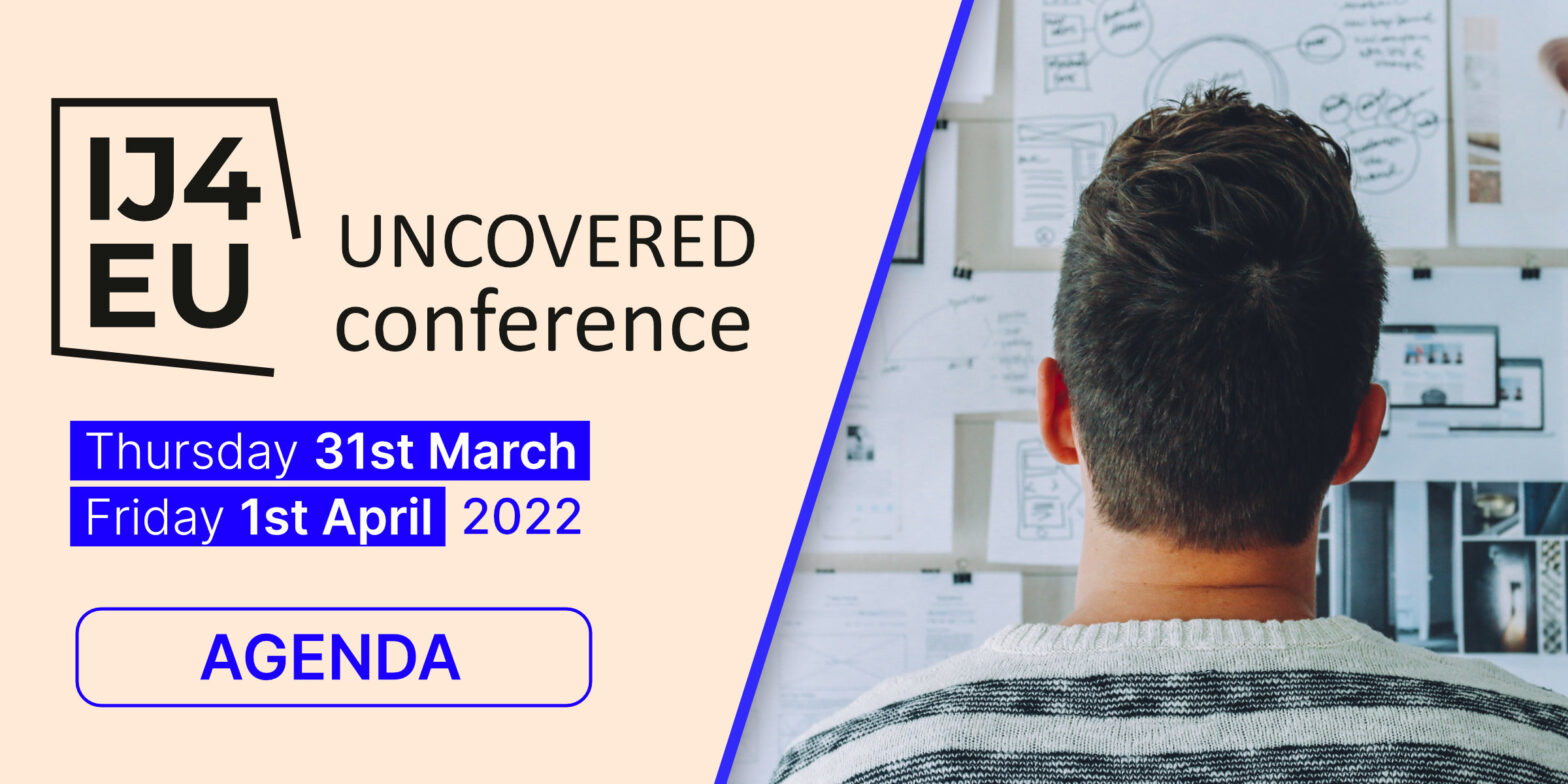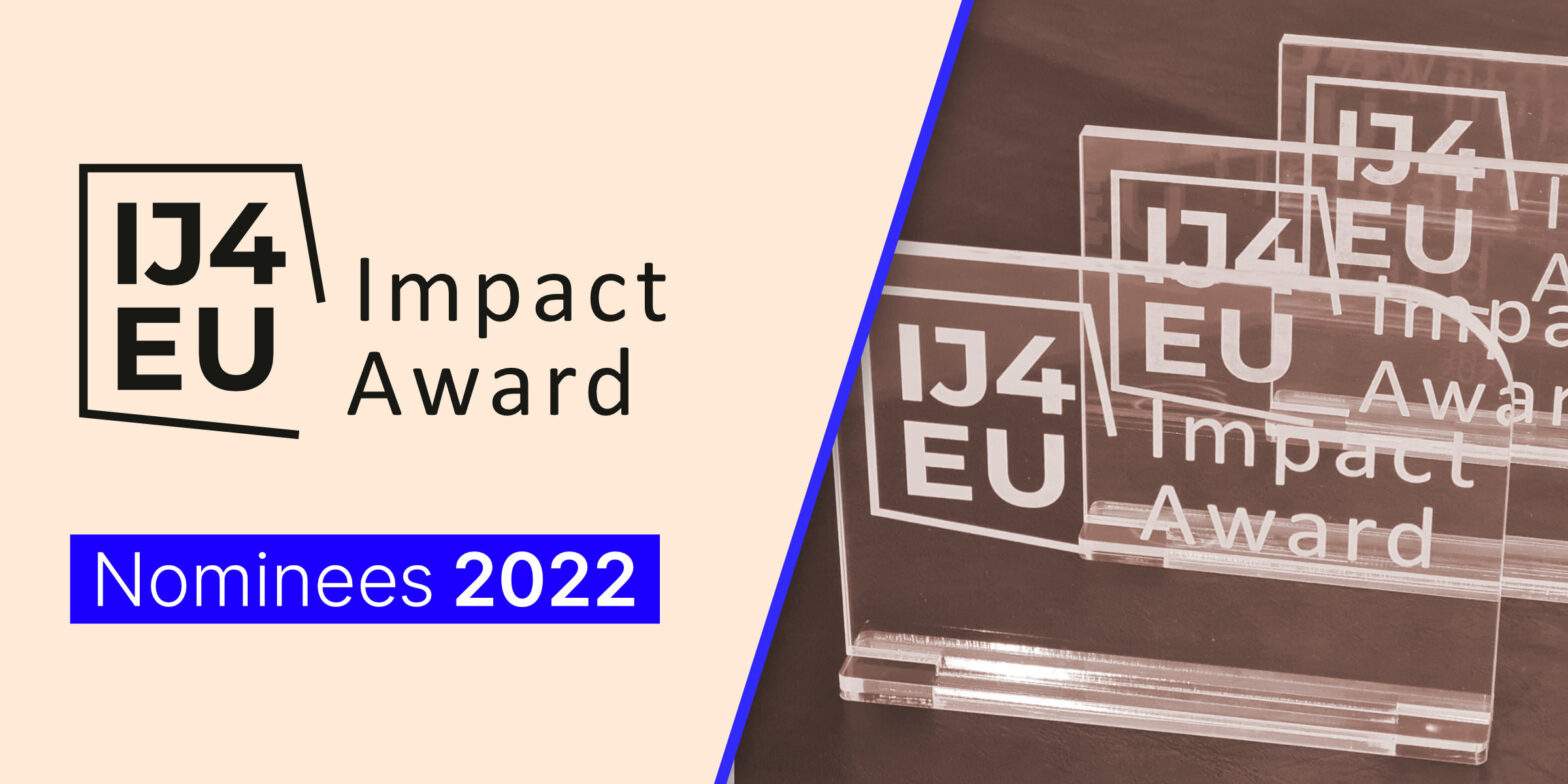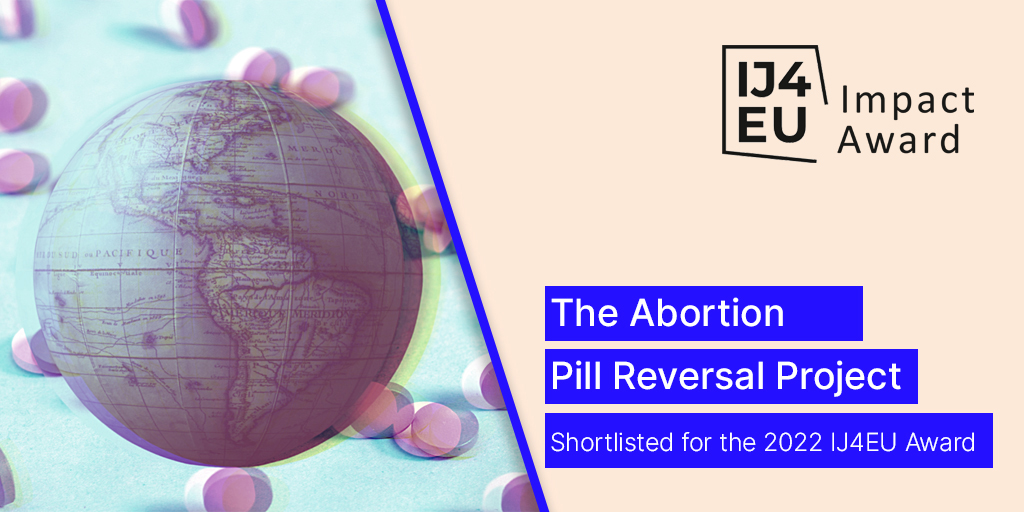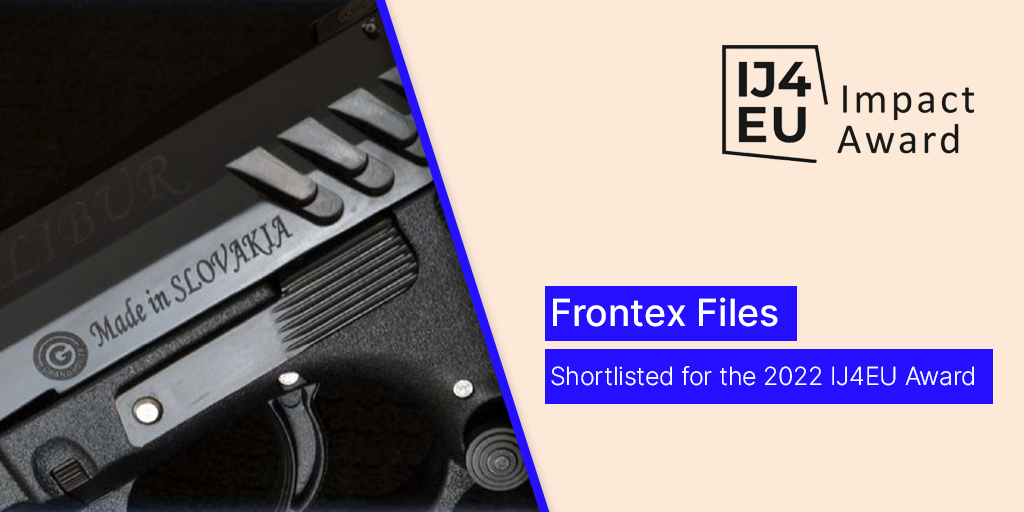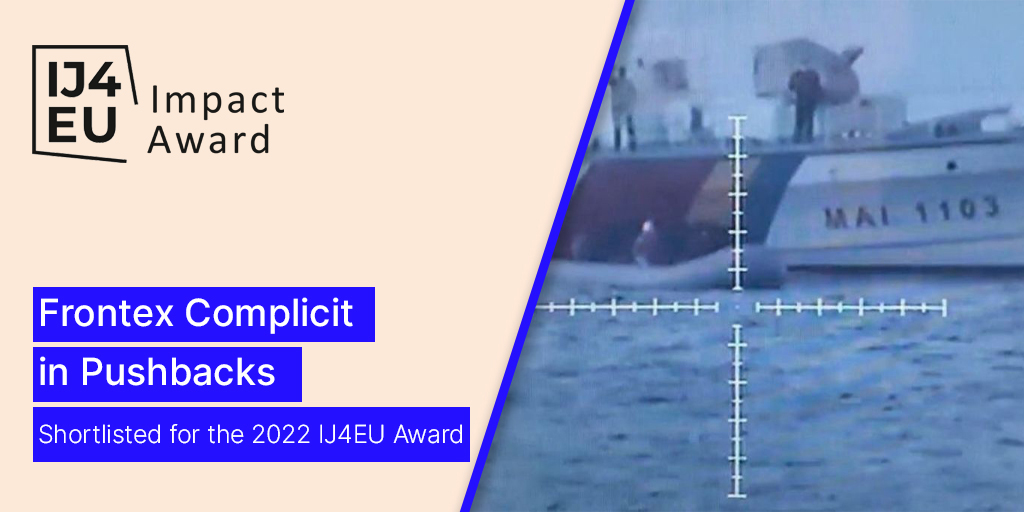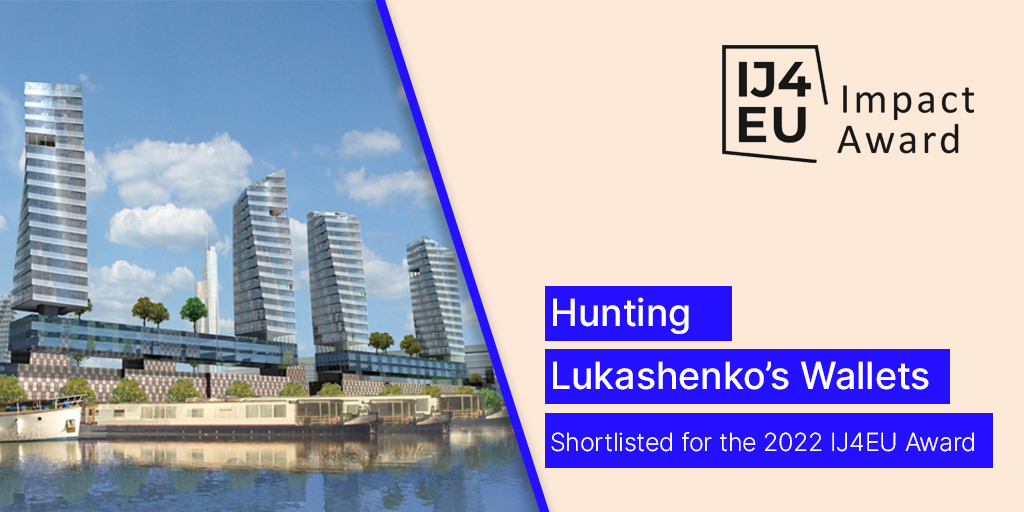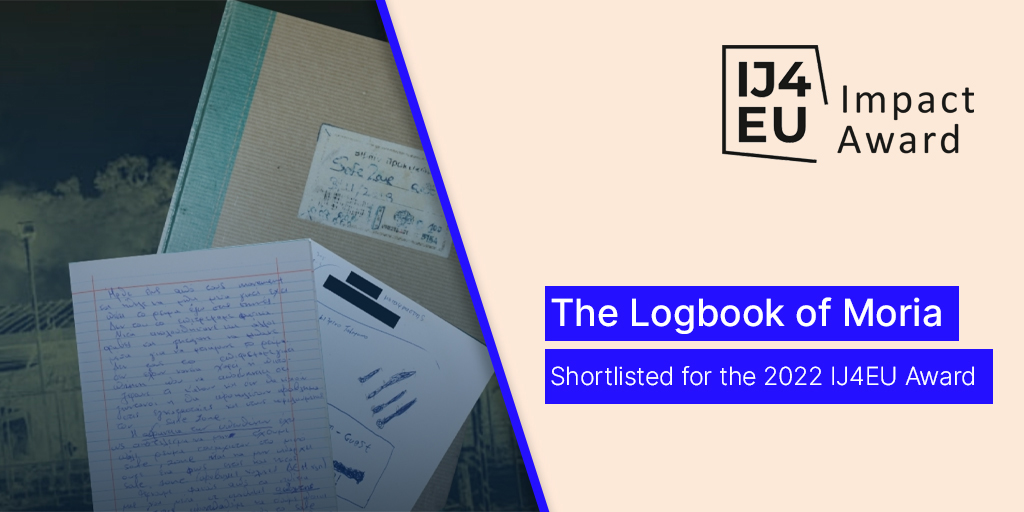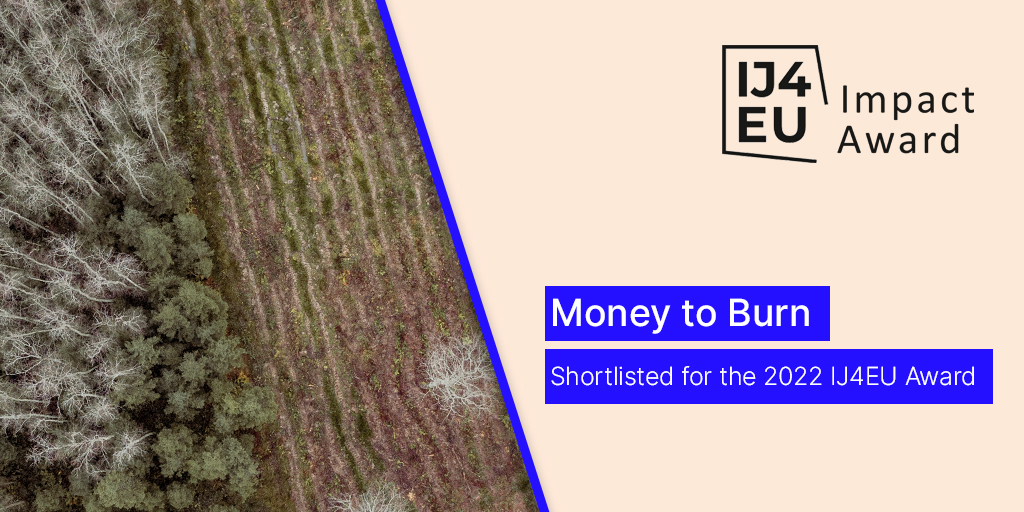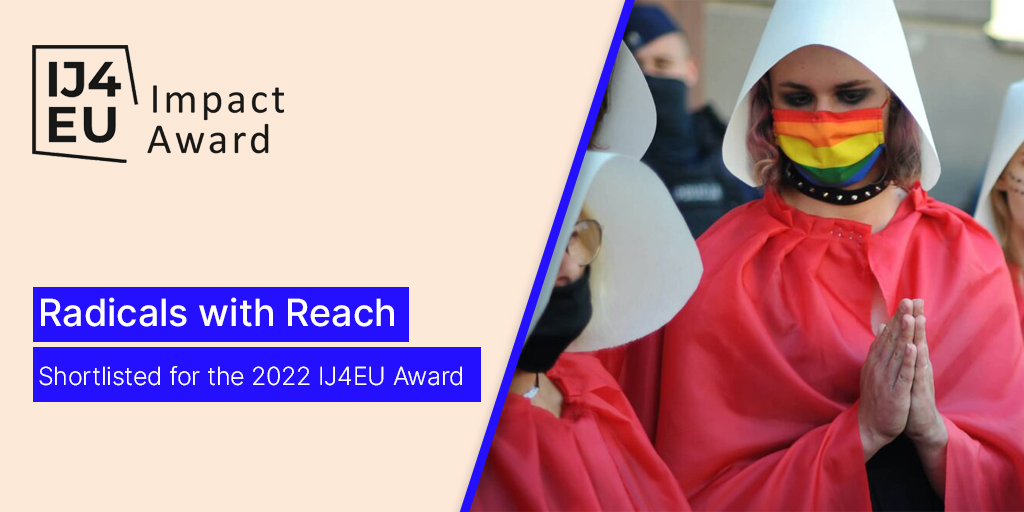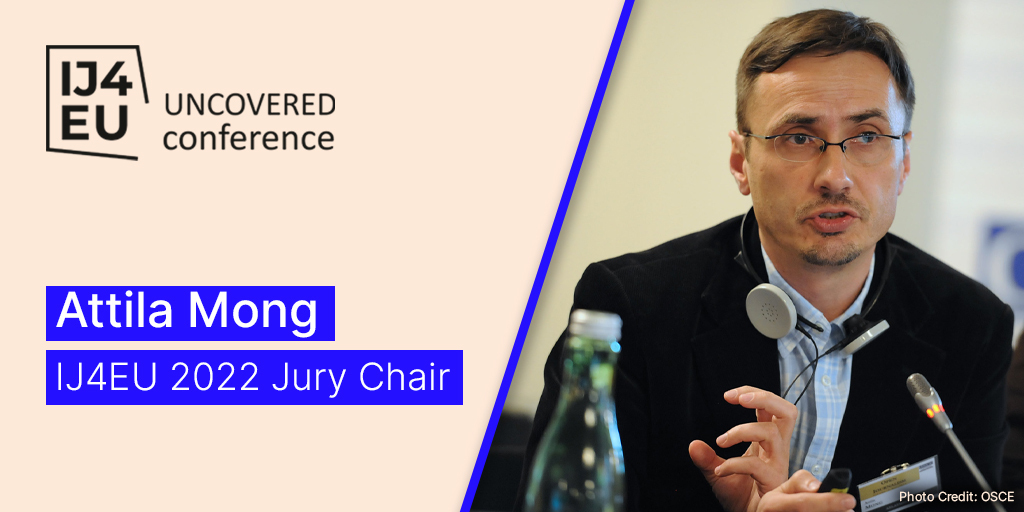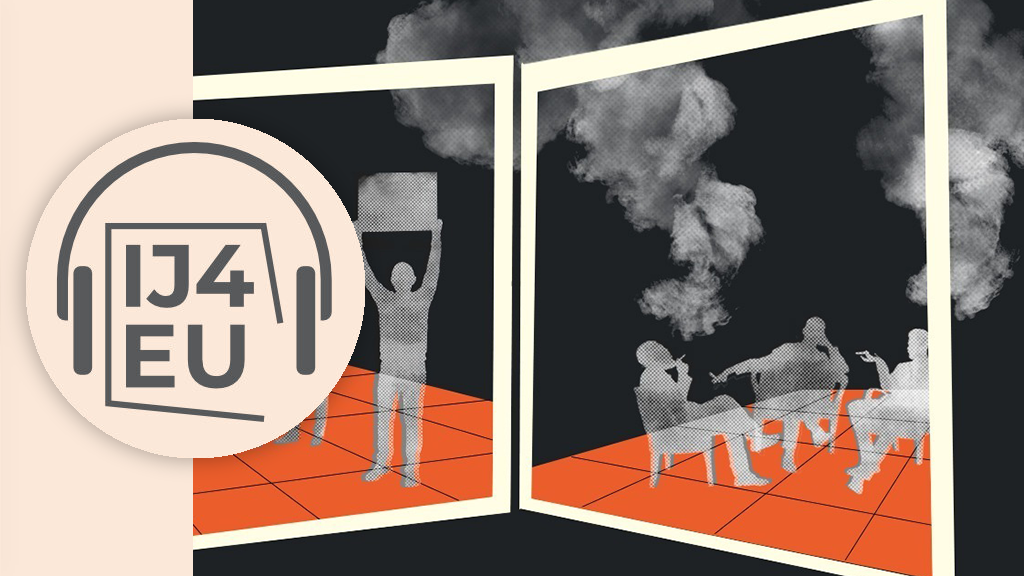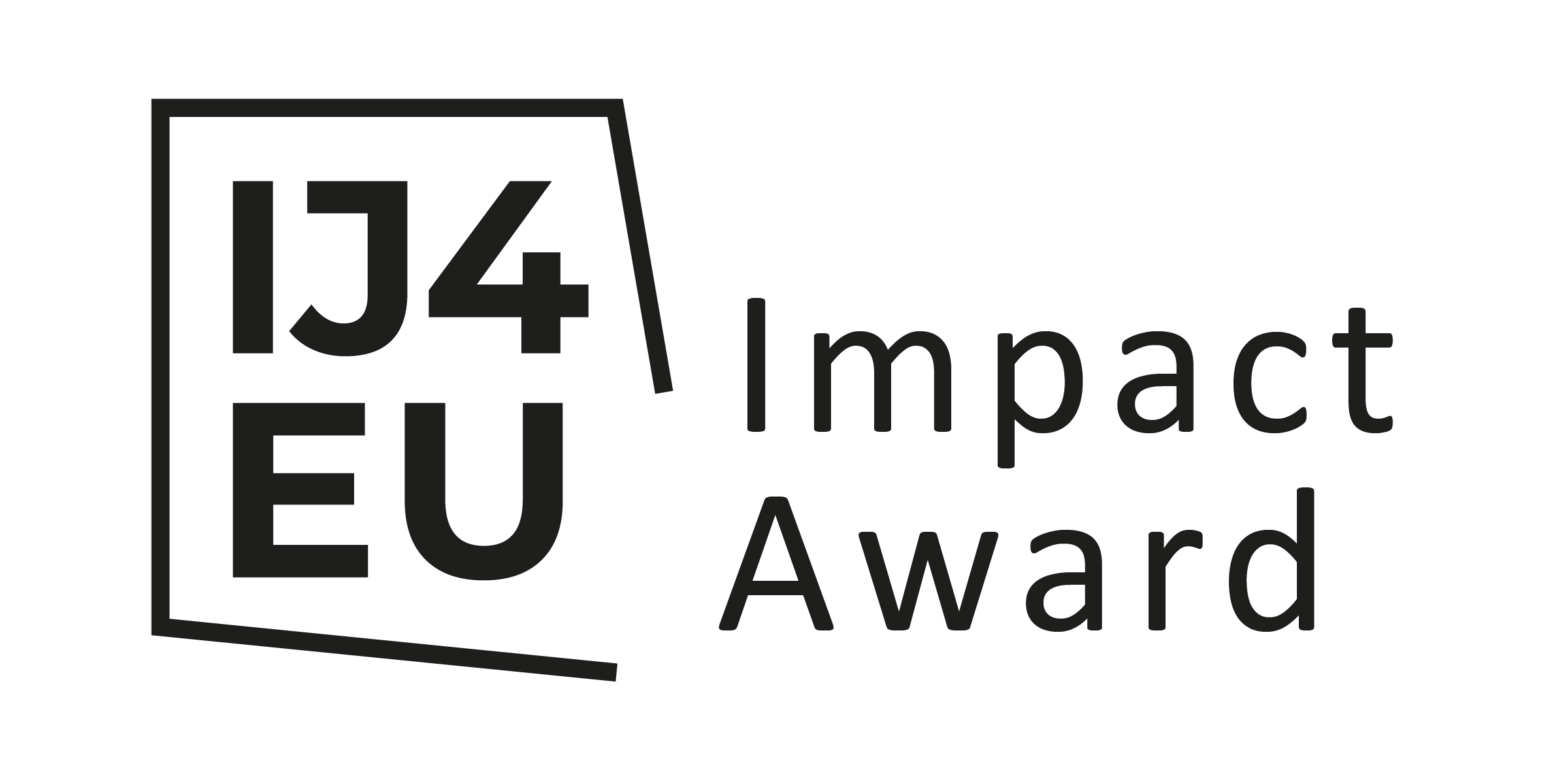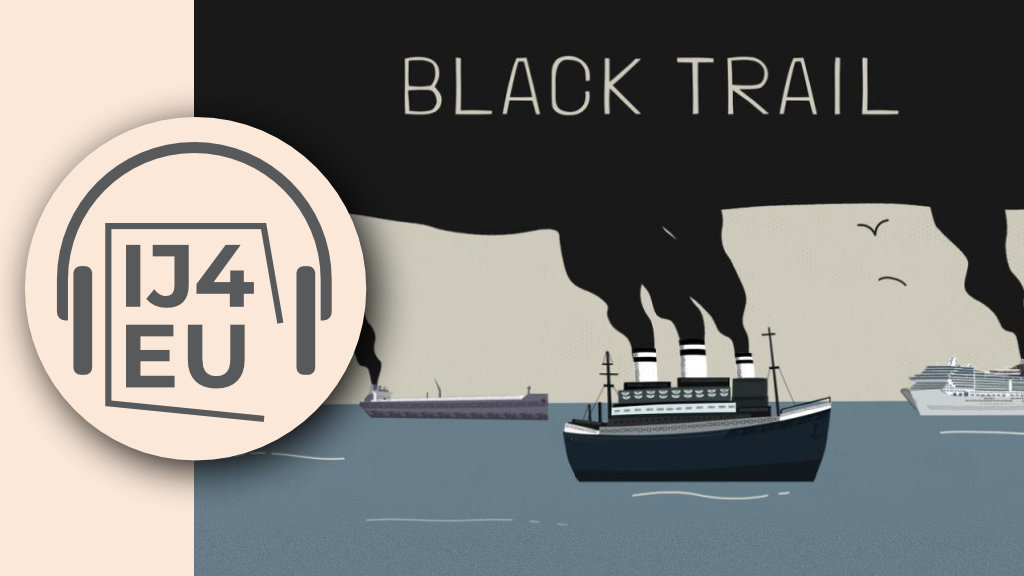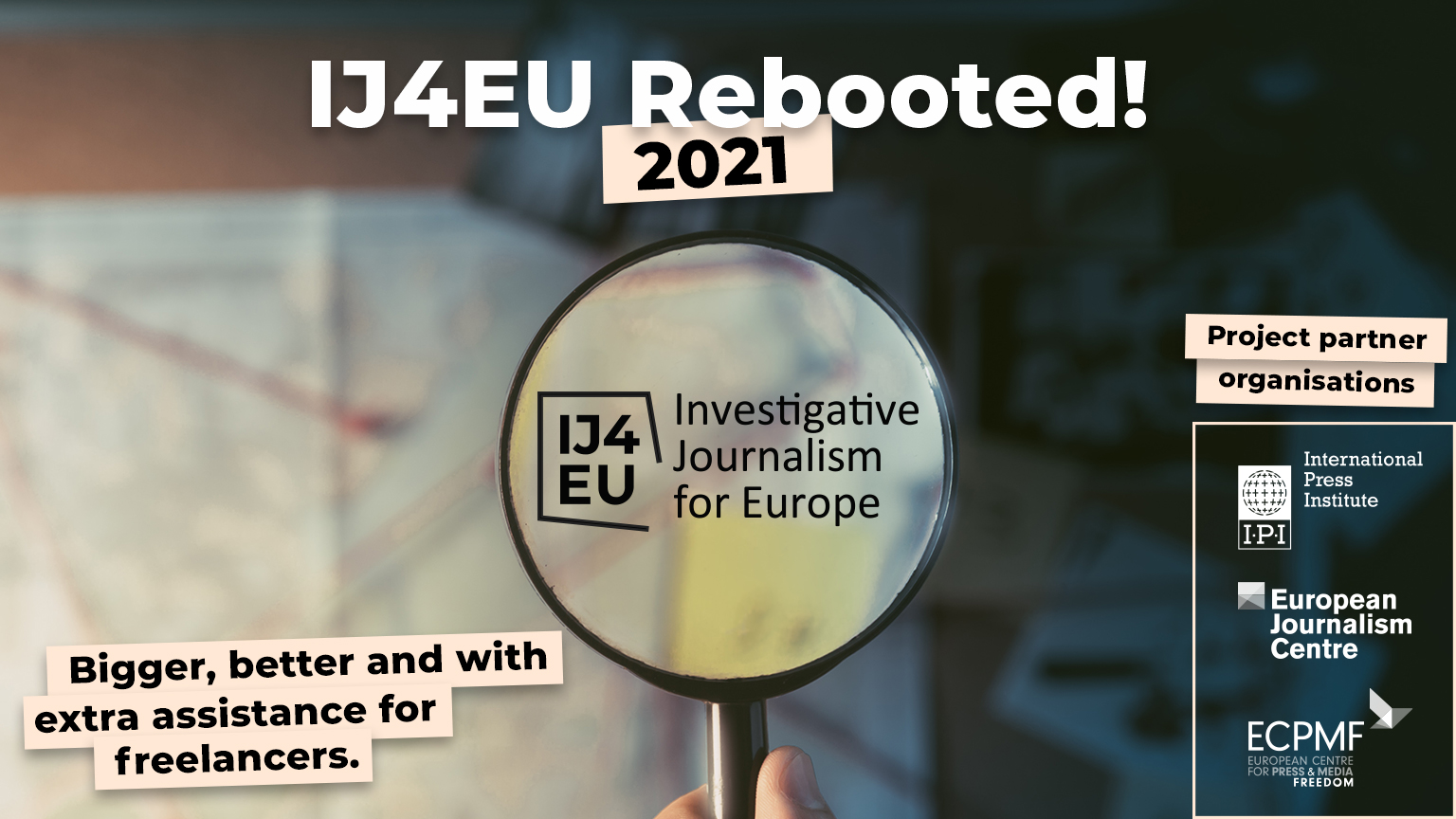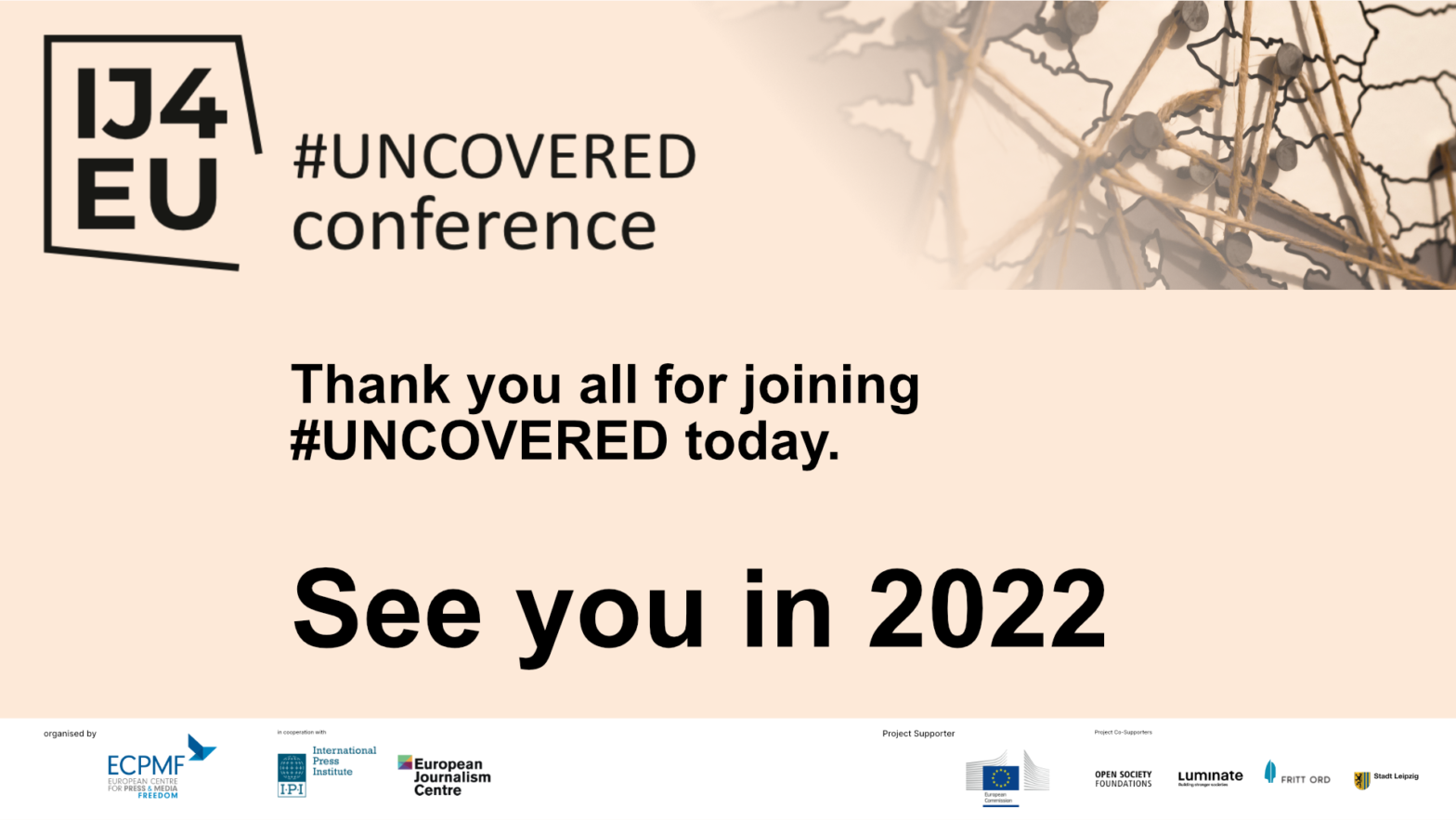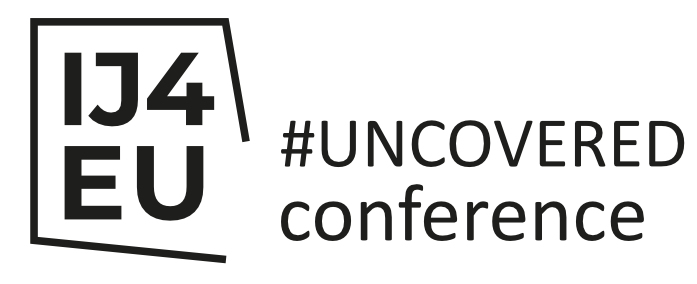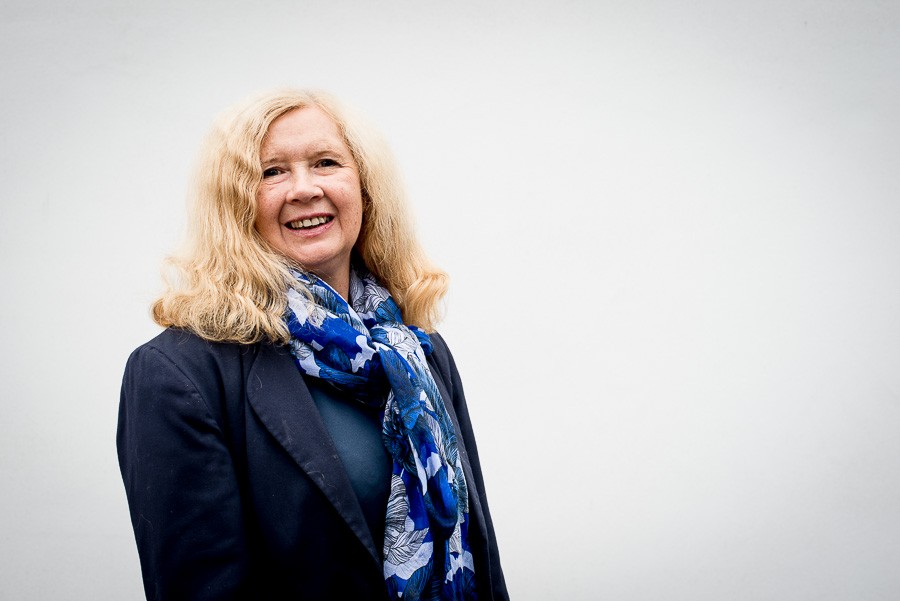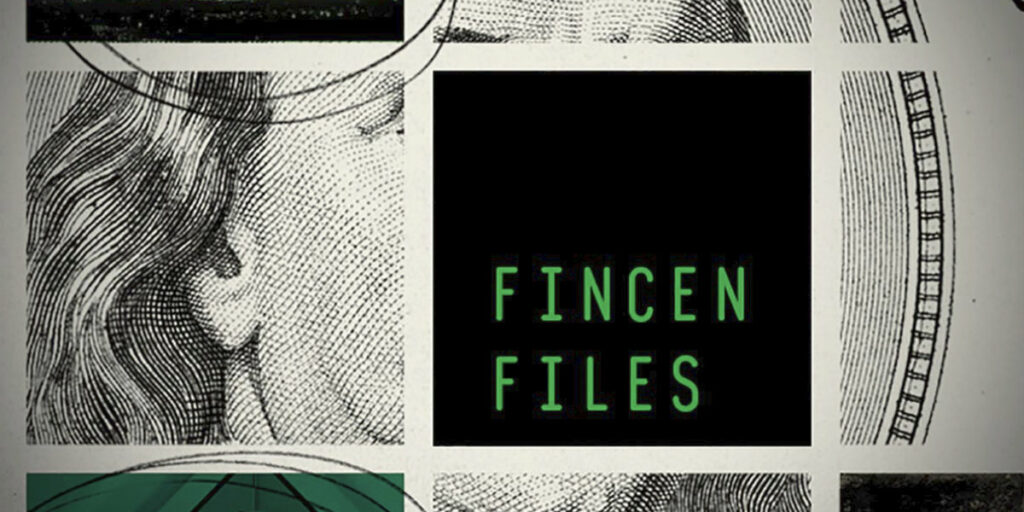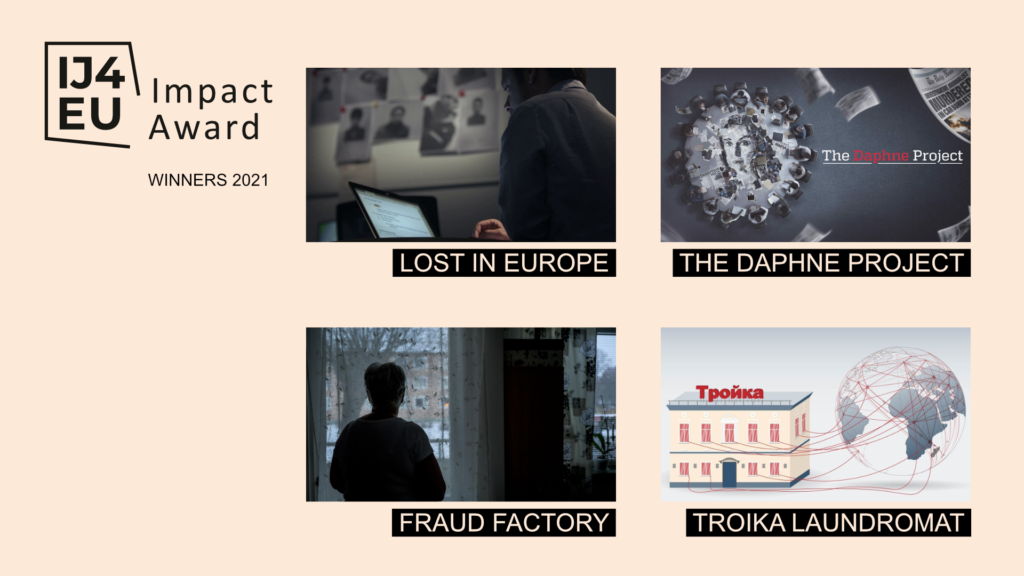Day Moderators: Lutz Kinkel (ECPMF) and Neus Vidal (ECPMF)
MARCH, 31 | 13:00-18:30
12:30 – 13:00 Registration
13:00 – 13:20 Opening Ceremony | Conference Hall
13:20
Keynote Speech
13:50 – 14:40
Looking East: Investigating the EU’s “Near Abroad” | Conference Hall
Long before Russia invaded Ukraine, investigative journalists had countries on the EU’s eastern flank in their sights. IJ4EU grantees discuss cross-border projects linked to Russia, Belarus, and Ukraine.
13:50 – 14:50
Workshop: New Tools for Fact Checking | Press Room
Interactive workshop with the Lie Detectors and WeVerify: A short presentation about the work of Lie Detectors, followed by a series of practical fact-checking exercises, and a demonstration on how teams of cross-border investigative journalist can use WeVerify’s toolkit to collaborate and provide evidence to back up their stories.
14:40 – 15:10 Coffee Break
15:10 – 16:00
Countering SLAPPs: How to Protect Journalists? | Conference Hall
In this panel, the use of Strategic Lawsuits Against Public Participation (SLAPPs) to target and restrict journalists and media workers across Europe will be discussed in line with the latest developments in the legislative process to protect media freedom.
15:10-16:00
IJ4EU Showcase: Into the Shadows | Press Room
From dark corners of the web to unlawful mass surveillance, IJ4EU grantees discuss cross-border crime.
16:10-17:00
New Donor Strategies: How to Fund Your Investigation? | Conference Hall
The world is changing and so are the ways of funding investigative cross-border journalism. This panel discusses the new trends and challenges in supporting journalism, including the use of both public and philanthropic money.
16:10-17:00
IJ4EU Showcase: Chasing Environmental Issues | Press Room
Environmental issues do not stop at borders; IJ4EU grantees showcase their investigations.
17:00-17:30 Break: Can We Tempt You to a Glass of Prosecco?
17:30-18:30
IJ4EU Award Ceremony | Conference Hall
The winners of this year’s Impact award will be announced. Ten cross-border investigations have been shortlisted for the second IJ4EU Impact Award. An independent jury chaired by Attila Mong has chosen three winners. Each will receive €5,000 for further investigations.
APRIL, 1 | 09:45-13:15
09:15-09:30
Registration
09:30- 09:40
Opening Remarks
Věra Jourová – Vice President of the European Commission for Values and Transparency will talk about how the European Media Freedom Act is a pillar of freedom and protection for investigative journalism.
09:45 – 10:40
Dangerous Journeys: The Dark Side of EU Migration Policy | Conference Hall
Underage migrants convicted of human trafficking. Families unable to identify loved ones who perished en route to Europe. Cross-border tragedies fuelled by private and public funds. IJ4EU grantees look at failures of EU migration and asylum policy.
09:45 – 10:40
Workshop: Under Pressure but Resilient | Press Room
This workshop focuses on ways to take care of your and your colleagues’ mental health while working on your investigations; helping you differentiate between different types of trauma, understand strategies for resilience, and recognise the impact of trauma for you and your team.
10:50 – 11:40
Surveillance: Is Pegasus the Tip of the Iceberg? | Conference Hall
Who is targeting journalists with surveillance and what does it mean for investigative journalism?
10:50 – 11:40
IJ4EU Showcase: Following the COVID Data | Press Room
Three IJ4EU cross-border investigative teams present projects unlocking hidden stories behind the COVID-19 pandemic in Europe and beyond.
11:40 – 12:10 Coffee Break
12:10 – 13:00
Duty of care: Who’s Responsible for Protecting Freelancers? | Conference Hall
Freelance journalists are the least protected group in the field of media workers. This panel discusses obstacles encountered especially by freelancers in Europe and potential solutions to their problems.
13:00 – 13:15
Concluding Remarks
